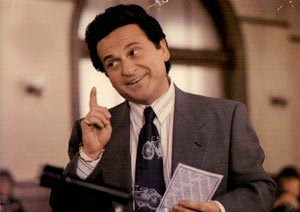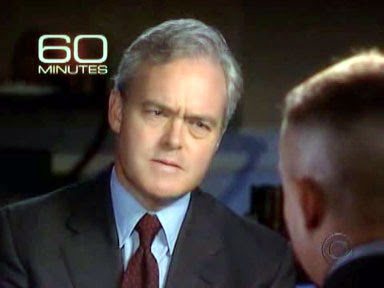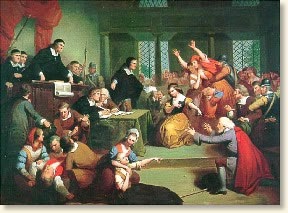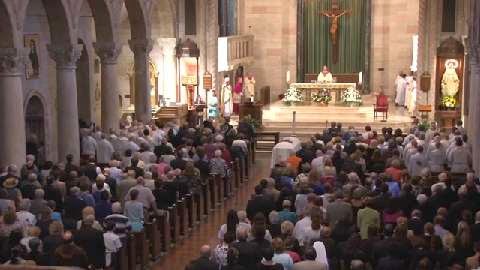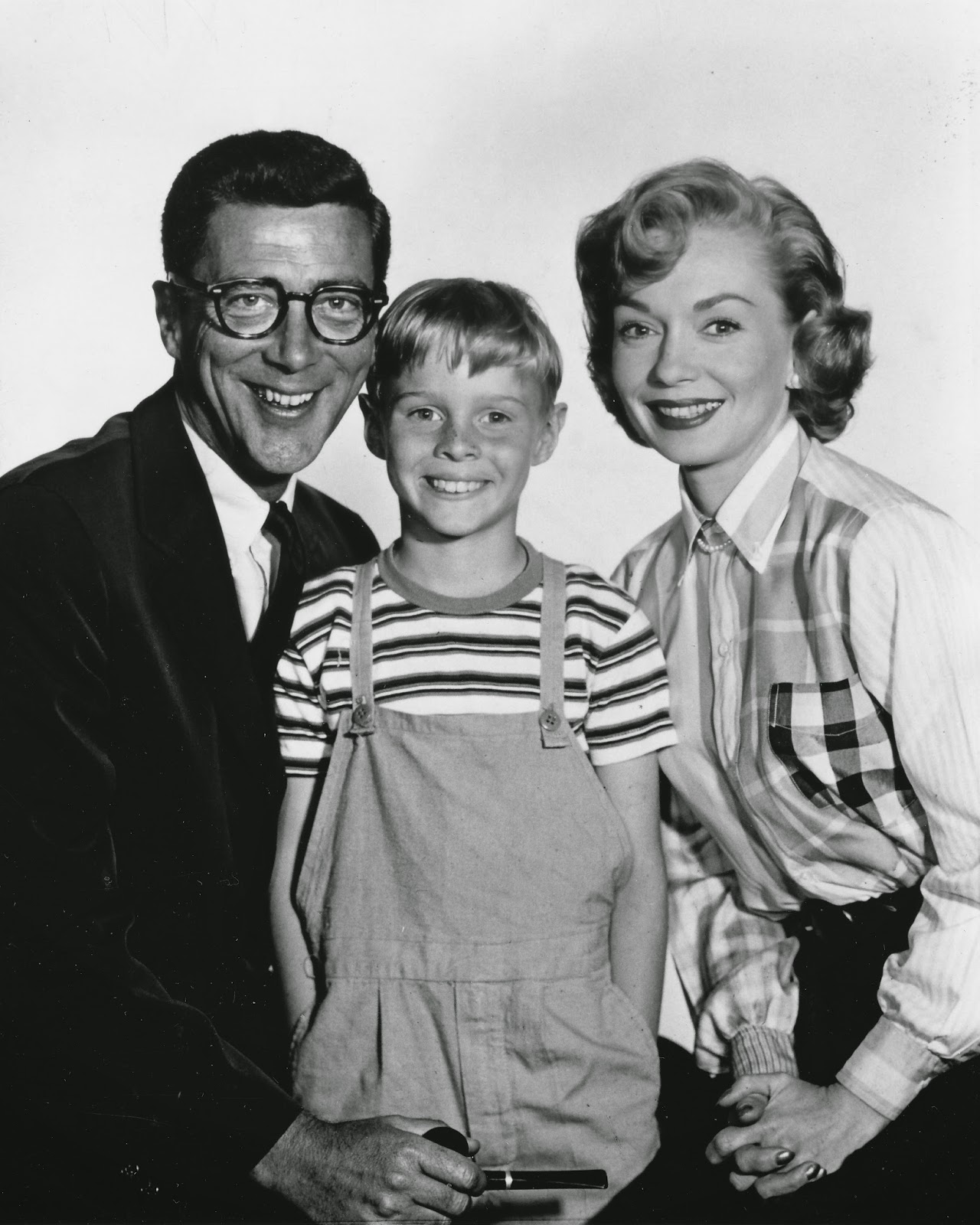Trying to Peddle the Ultimate Contrarian Story
By Ralph Cipriano
It's the Marisa Tomei character, Mona Lisa Vito, who explains to Vinny that he's legally entitled to those files because of the discovery process. In a criminal trial the prosecution has to turn over all its files to the defense lawyers, so they know exactly what they're up against. It's the formerly confidential grand jury transcripts and police records in the D.A.'s historic prosecution that have fueled the stories on this blog for the past two years. Reporters usually love documents, especially confidential ones, because court documents are privileged and carry a legal protection. If you're a reporter, you can quote from those documents without fear of anyone being able to sue you for libel. We also have a shield law in this state that protects a reporter from having to give up his or her sources. I figured out a while ago that if I remained the only reporter in town chasing this story the search for truth wouldn't get far. Especially when you're dealing with a district attorney, Seth Williams, who has been stonewalling you for two years, refusing to answer any questions. Seth Williams may be able to stiff this blog, but could he afford to ignore the Inquirer, or the Daily News, or the local TV stations? How about 60 Minutes? I decided to give it a shot by going editor shopping.
I began pitching the formerly confidential records in this case to other media outlets, no strings attached, in hopes that they'd jump on the story. But they wound up looking a gift horse in the mouth. A high-ranking editor at The Philadelphia Inquirer said thanks but no thanks. A columnist at the Philadelphia Daily News didn't even respond. A writer for a magazine said hey, that sounds like a great story, but I have to talk to my editors first. Bet you can guess how that worked out. A star reporter for a local TV station said don't bother giving me any documents. Her news director looked at the stories I wrote and couldn't figure out how to present that kind of material to a TV audience. At the height of editor shopping, I even had a day-long audience in New York with a producer for 60 Minutes. He took me in for a brief meeting with correspondent Scott Pelley. Pelley, munching on a bowl of granola at his desk, succinctly summarized the problems with the Billy Doe story by saying, hey, you've got two contrary jury verdicts going against you. How do you scale that mountain? At the time, the state Superior Court hadn't overturned the conviction yet of Msgr. William J. Lynn. That same Superior Court is currently mulling the appeals of the convictions of the late Father Charles Enghelhardt and Bernard Shero. Hey Scott, if the Superior Court overturns the convictions of Engelhardt and Shero, can I get a do-over? The only news media outlet that bit on the story was the National Catholic Reporter, famous for decades of exposes about sexually abusive priests. The editors at NCR correctly figured that they had a moral obligation to look at the other side of the story, and the possibility that one alleged victim of sex abuse might be lying. But as far as the rest of the news media is concerned, nobody wants to hear a story about three priests and a Catholic school teacher accused of sexual abuse who might be innocent. I can't give it away, and they won't even print it if you offer them money. The Inquirer, the city's paper of record, turned down $58,000 to print a couple of ads from the Catholic League that would have quoted the reporting on this blog raising questions about the D.A.'s historic prosecution. So the citizenry should be cheering about three courts simultaneously examining the convictions in the investigation of the church because they could use some scrutiny. For the past several years, the local D.A. has been conducting a witch hunt in this town masquerading as justice. It's so out of whack that local prosecutors are using tactics that were protested during the Salem witch trials. I kid you not.
During the Salem witch trials of 1692 and 1693, Cotton Mather, a leading minister of the day, wrote a letter to one of the magistrates while the courts were in the process of hanging 19 witches. Mather, a former medical student, urged caution in the court's admission of "spectral evidence" because he didn't think it was reliable. Spectral evidence was defined as dreams and visions where the alleged perpetrators appeared to the victims in bodily form. Think that's far-fetched? Here in Philadelphia, the alleged victim in this year's "Father Andy" sex abuse case was permitted to tell the story on the witness stand about the nightmare he had that prompted him to come forward and publicly accuse the priest. The alleged victim told the jury he was watching the news on TV when he saw a picture flashed on the screen of Father Andy. That night, the alleged victim testified, he had a dream about the priest, Father Andrew McCormick. In the dream, Father Andy was sexually attacking the victim's five-year-old nephew and the victim couldn't do anything about it. Father Andy's case ended on March 12th, 2014, with a hung jury, but the D.A. has already announced the case will be retried. How much you want to bet that the alleged victim gets to tell another jury about his nightmare starring Father Andy? In the Father Andy case, the victim came forward 15 years later after the alleged crime. As in the case of Billy Doe, there was no physical evidence, no corroborating witnesses. I have no idea to this day of whether the alleged victim was telling the truth about Father Andy. But it's scary when you're on a witch hunt, you don't necessarily need any evidence. As in the case of Billy Doe, you can just make it up as you go along. But the good news is that the state Supreme Court is now deliberating the fate of Lynn, and whether to uphold the reversal of his conviction. We could have that decision in a few months.
Meanwhile, at the funeral of Father Engelhardt, the leader of Engelhardt's religious order, Father James J. Greenfield, announced from the altar, a few feet away from Charlie's coffin, that the Oblates of St. Francis de Sales would continue their appeal of the priest's conviction in state Superior Court. Even though Father Engelhardt was dead, the oblates, Greenfield pledged, would do everything legally possible to clear his name. The other defendant convicted with Engelhardt, former Catholic school teacher Bernard Shero, is still in jail and pursuing his appeal. So the Superior Court may have to weigh in on the various allegations in the case involving judicial errors and prosecutorial misconduct. And, in the Lynn case, if the state Supreme Court decides to send Lynn back to jail, the Superior Court would then have a second crack at all the other appeal issues raised in the Lynn case. Such as whether the defendant had any chance of ever receiving a fair trial after the trial judge, M. Teresa Sarmina, allowed into evidence 21 supplemental cases of sex abuse dating back to 1948, three years before Lynn was born. But the most interesting legal battle is going on in the civil courts, where Billy Doe is suing the archdiocese, Lynn, Engelhardt and Shero for alleged pain and suffering. The other two defendants in the case, originally filed in July 2011, are the late Cardinal Anthony J. Bevilacqua and Ed Avery. He's the former priest who pleaded guilty to conspiring with Lynn to endanger the welfare of a minor, and raping Billy Doe, only to publicly recant in court. At the Engelhardt funeral, a lawyer for Avery told the Engelhardt family this was why he had urged Avery to plead guilty to something he claimed he didn't do just to get a sweetheart deal of a plea bargain. The lawyer told the Engelhardt family it was better for "Eddie" to take the plea bargain rather than suffer Father Engelhardt's fate of dying in jail. The proceedings in the civil case are being fought under a voluntary confidentiality stipulation that has had the effect of gagging the participants. The docket in the case, however, as well as court filings, sheds some light on what the litigants have been fighting over. Lawyers for Billy Doe have repeatedly sought summary judgment against the defendants in the civl case, only to be denied by the court. Lawyers for the archdiocese successfully argued that the archdiocese was not a party to the first criminal case against Lynn and Avery, and the second criminal case against Shero and Engelhardt. Lawyers for the archdiocese also argued that when Lynn was tried in 2012, he had "no managerial or supervisory responsibilities of any kind" with the archdiocese. So Lynn didn't represent the archdiocese. During the trial, Lynn "took a position adversarial to the Archdiocese, claiming he had been 'hung out to dry'" by colleagues and superiors who had been part of "an overarching Archdiocesan conspiracy ... in Philadelphia during the 1990s," lawyers for the archdiocese argued. The civil case is still in discovery. According to the docket, Engelhardt, Shero and Avery were deposed in prison. So whatever Father Engelhardt had to say has been preserved for the record on videotape. Msgr. Lynn has already been deposed. So has Billy Doe, several times, as have his his father, mother and brother. Meanwhile, as a public service, I'd like to suggest some questions to ask the D.A.'s guys when they're placed under oath. Why not ask Detective Drew Snyder why he allowed Billy Doe's father, a Philadelphia police sergeant, and his mother, a registered nurse, to sit in on Billy's initial interview on Jan. 28, 2010 with the district attorney's office, even though Billy was 21, and not a minor? The usual policy in the Philadelphia police department and the district attorney's office would have been to interview an adult complainant and his parents separately. Why not ask former Assistant District Attorney Mariana Sorensen who was present for the initial interview with Billy, what became of her notes, which were never turned over to defense lawyers? While you're at it, why not ask Sorensen, author of that 2011 grand jury report, why there were so many factual errors in it, and why the D.A.'s rewrote the facts to fit their theory of the case. For example, here's what the grand jury report had to say about when Billy's mother noticed a personality change in her son: Billyís mother also told us of a dramatic change in her sonís personality that coincided with the abuse. His friends and their parents also noticed this personality change. Billyís mother watched as her friendly, happy, sociable son turned into a lonely, sullen boy. He no longer played sports or socialized with his friends. He separated himself, and began to smoke marijuana at age 11. By the time Billy was in high school, he was abusing prescription painkillers, and eventually he graduated to heroin. [page 17]. If only that were true. Here's what Billy's mother actually told the grand jury on Nov. 12, 2010:
Q. Did there come a time when you noticed a change in [Billy's] behavior? ?A. Yes. At age 14, as he entered high school, freshman year at high school, he wasn't the same child. He was very troubling to us. ?Q. Ok. Prior to that, what was his personality? ?A. He was basically a very pleasant, active, happy person prior to that and he was defined by some people as either Dennis the Menace or the All-American boy up to that point. ?Q. Ok. So he's leaving St. Jerome's and entering into high school? ?A. Uh-huh. ?So which is it? Did poor little 10 and 11-year-old altar boy Billy Doe turn into a dope-smoking, anti-social loner in grade school as the grand jury report says? Or was he Dennis the Menace or the All-American boy, as his mother testified before the grand jury? In the civil case, we finally have a forum to get some answers to the questions that the D.A. has been stonewalling. Questions about his witch hunt that has ruined countless lives and already taken the life of one defendant. Questions that the rest of the news media doesn't want to ask him.
|
.
Any original material on these pages is copyright © BishopAccountability.org 2004. Reproduce freely with attribution.
